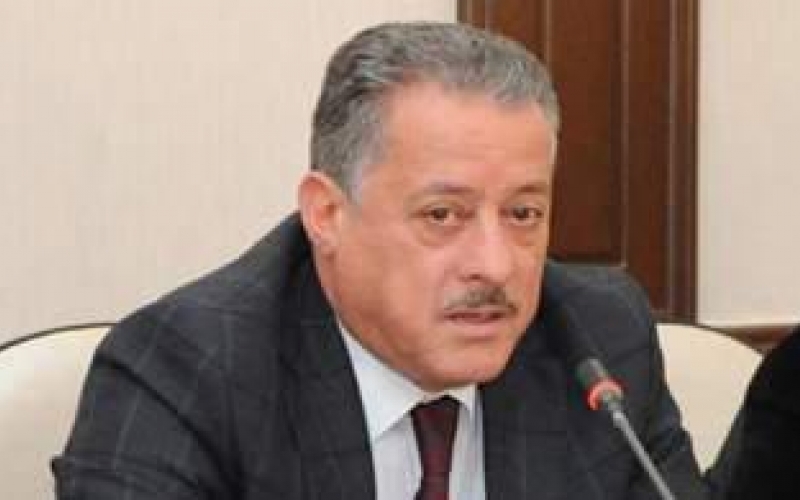
The Munich Security Conference, held in 2020, will go down in the history of international relations as a brilliant demonstration of Azerbaijan’s realities to the whole world, Editor-in-Chief of the Baki Khabar newspaper and Political Expert Aydin Guliyev told Trend.
Guliyev noted that during the panel discussions on the Armenia-Azerbaijan Nagorno-Karabakh conflict with the participation of President Ilham Aliyev and Prime Minister Nikol Pashinyan, the Azerbaijani leader surpassed his opponent in all respects.
“The Azerbaijani leader brought weighty arguments covering the history, the current essence and the most optimal ways to resolve the Nagorno-Karabakh problem, and thereby puzzled the prime minister,” said the editor-in-chief. “The indestructible position and strong logic of the head of the Azerbaijani state aroused genuine interest of the participants of the panel. The undisguised concern and anxiety that, Nikol Pashinyan, unlike President Ilham Aliyev, demonstrated, spoke of the low awareness of the Armenian prime minister about the essence of the problem. Once again, everyone became eyewitness that Pashinyan’s arguments were nothing more than an unsuccessful and extremely cynical attempt to justify Armenia's occupation of Azerbaijani territories.”
“The Munich panel became one of the most obvious scenes of Armenia’s defeat in the diplomatic and legal plane since the beginning of the Karabakh conflict,” Guliyev added. “President Ilham Aliyev once again proved to the whole world that, from the point of view of international law, Nagorno-Karabakh belongs to Azerbaijan.”
He said that during the discussions Pashinyan couldn’t disguise the fact that, contrary to his commitments, he doesn’t contribute to the peaceful settlement of the conflict, but acts in the interests of small nationalist aggressive groups in Armenian society.
“Pashinyan again lied to the world community,” Guliyev noted. “However, the Azerbaijani president didn’t leave any of his lies unanswered. Moreover, the head of state exposed fraud and destructive activity with the aim of disrupting the negotiations of both Pashinyan and his predecessors. President Ilham Aliyev also exposed the lie allegedly said by Ayaz Mutallibov and accused Pashinyan of hypocrisy over the words that the Azerbaijanis themselves allegedly committed the Khojaly tragedy.”
“One of the most interesting moments of the discussion was how, unlike Pashinyan, who simply repeated well-known tales and unfounded claims, the Azerbaijani leader made a concrete message to Azerbaijani and Armenian people,” Guliev said. “The statement by the head of state that the Armenian people won’t be able to fight with Azerbaijan forever, completely silenced Pashinyan, who was speaking orienting towards domestic audience.”
The expert, as another significant episode of the meeting, noted that President Ilham Aliyev brought Pashinyan to a standstill before the co-chairs of the OSCE Minsk Group and the power centers of the world.
“President Ilham Aliyev called on the international community to force Armenia to implement UN Security Council resolutions,” Guliyev added. “The all-round superiority demonstrated by the head of state in the debate with Pashinyan, shows that President Ilham Aliyev has truly laid the foundation for a new phase of the peace process.”
The conflict between the two South Caucasus countries began in 1988 when Armenia made territorial claims against Azerbaijan. As a result of the ensuing war, Armenian armed forces occupied 20 percent of Azerbaijan, including the Nagorno-Karabakh region and seven surrounding districts.
The 1994 ceasefire agreement was followed by peace negotiations. Armenia has not yet implemented four UN Security Council resolutions on withdrawal of its armed forces from Nagorno Karabakh and the surrounding districts.
Views: 563
